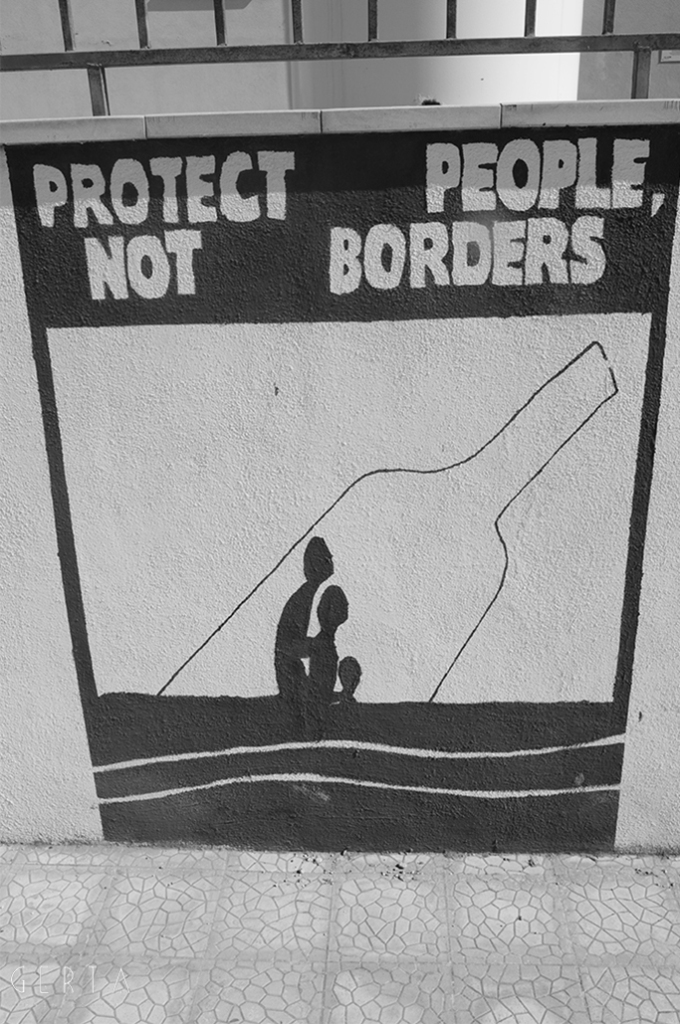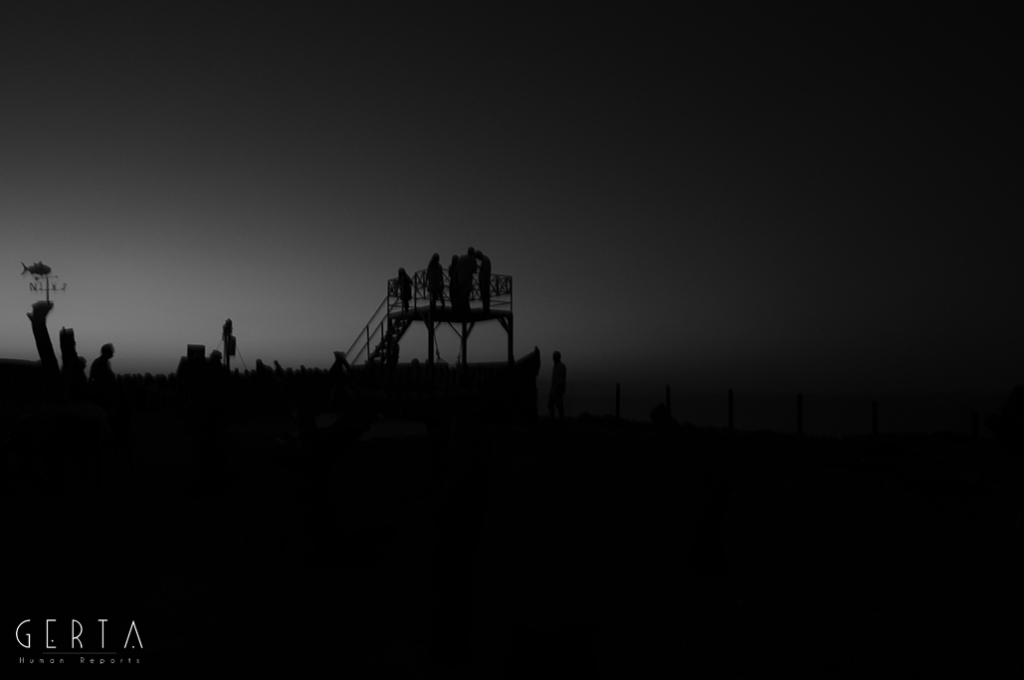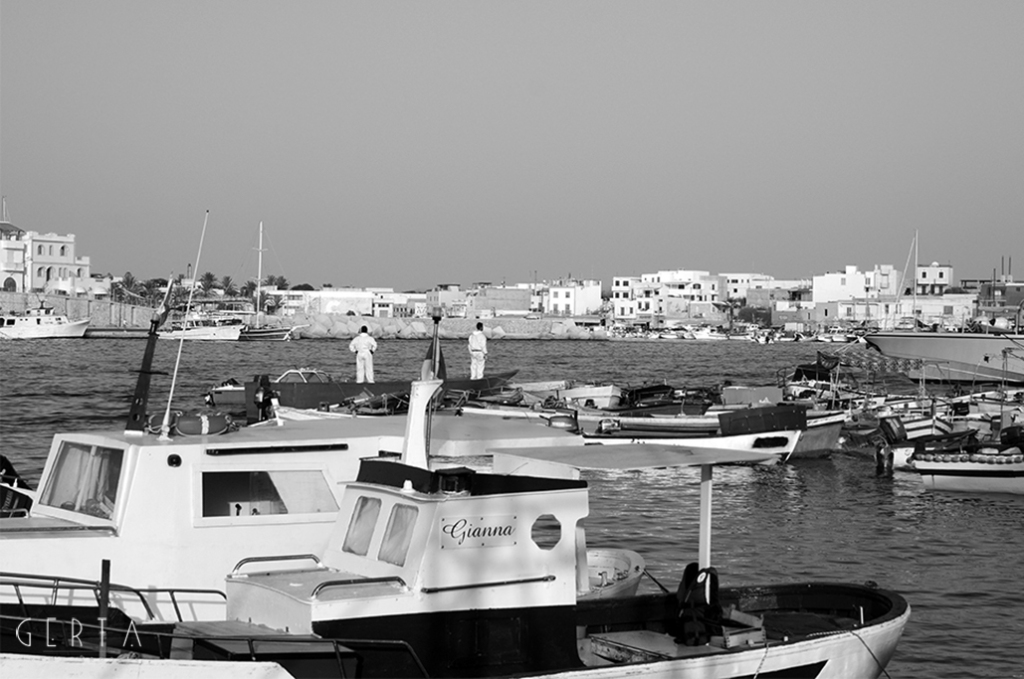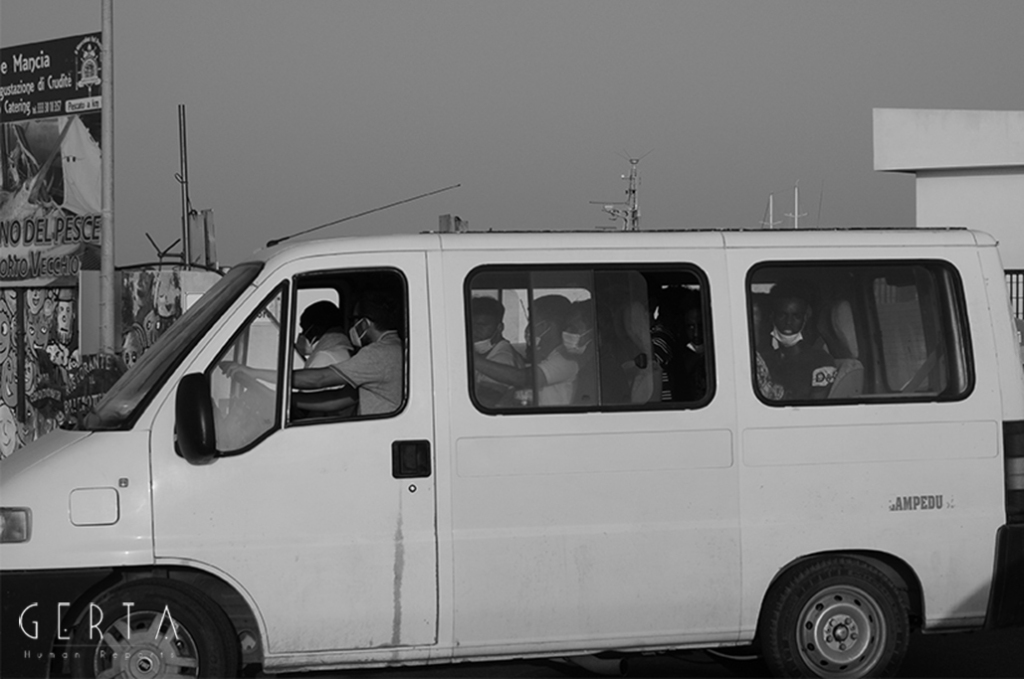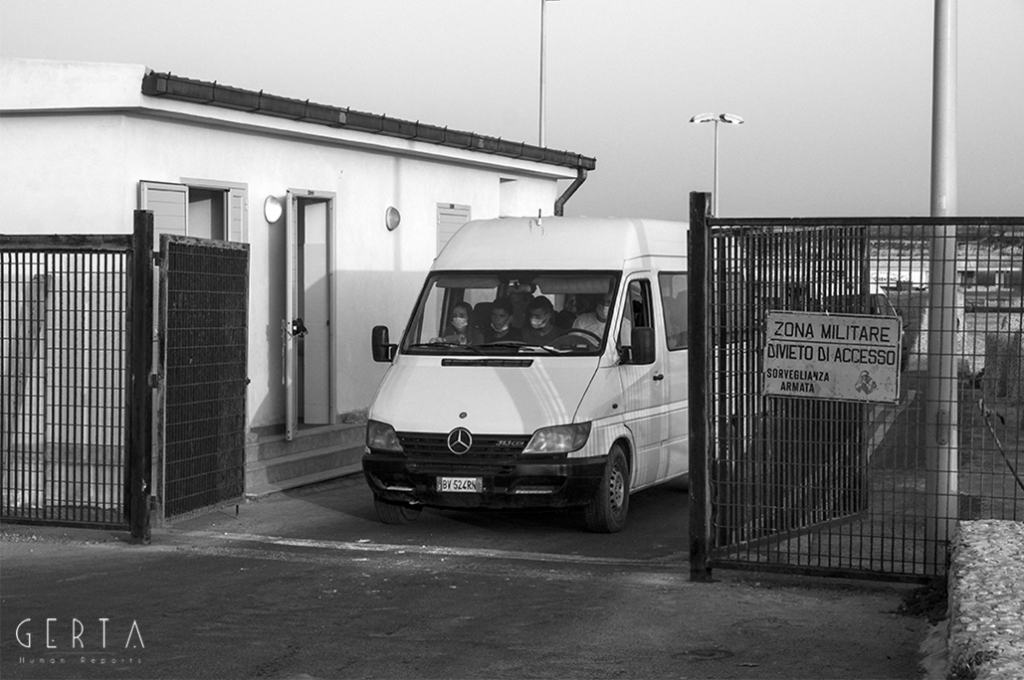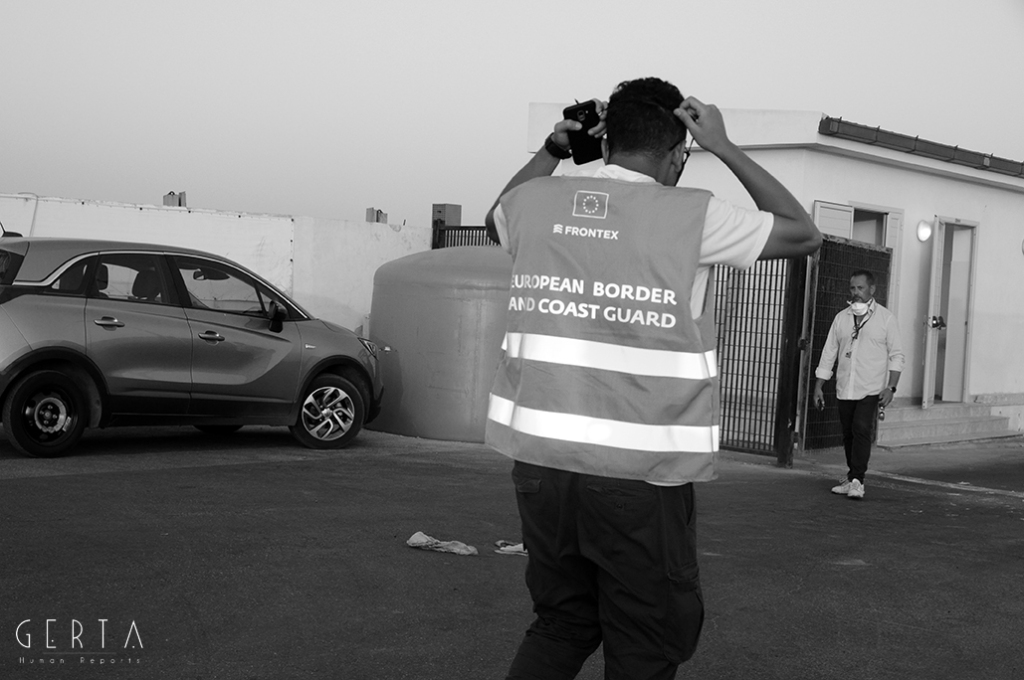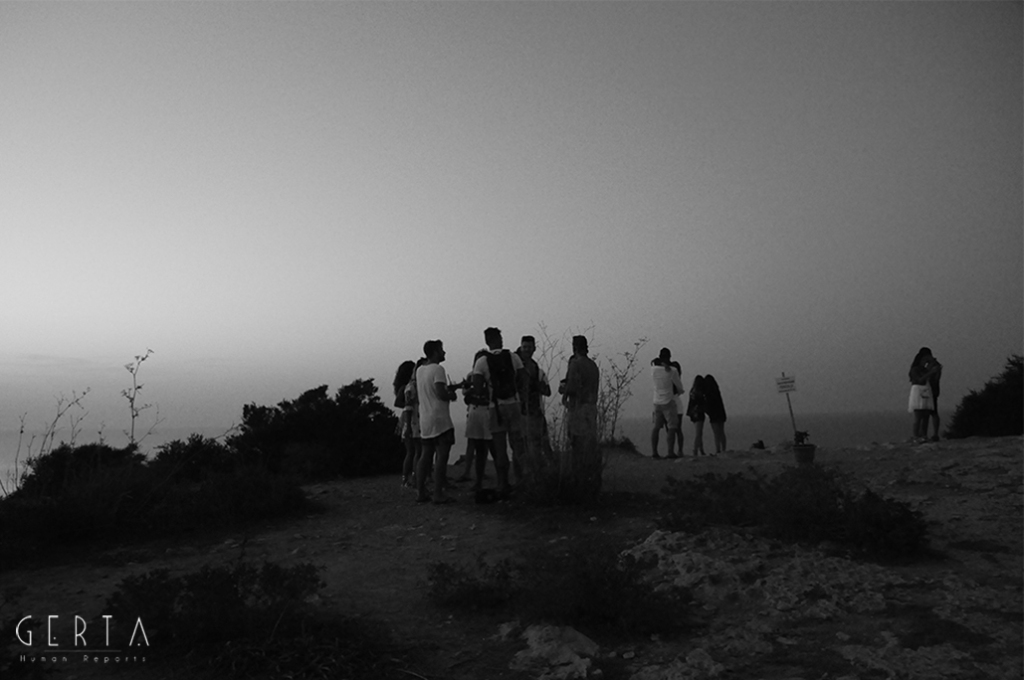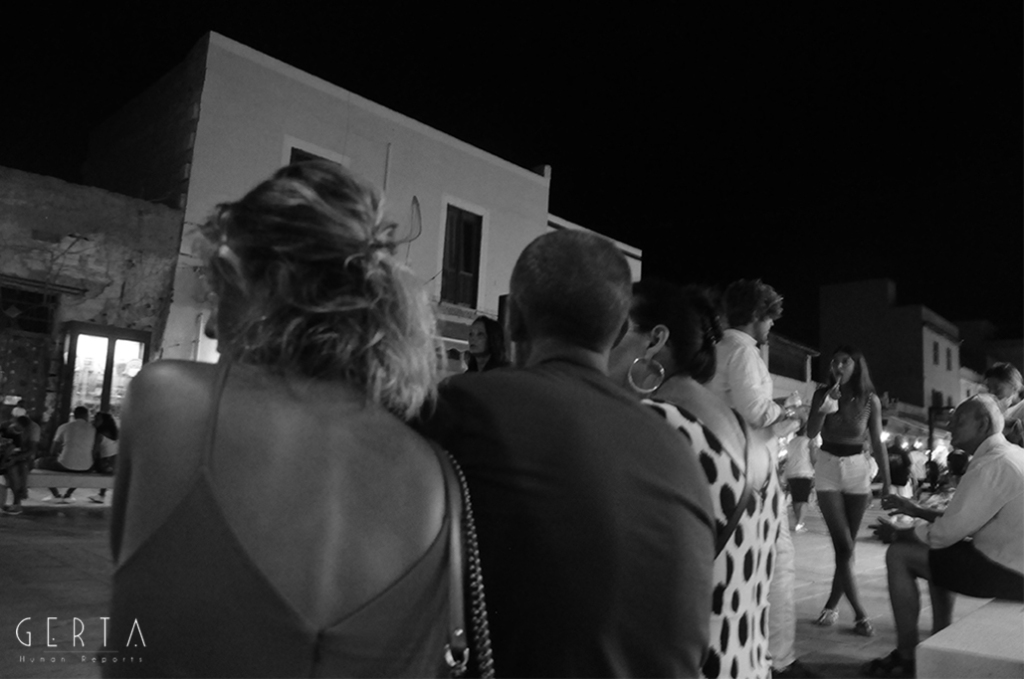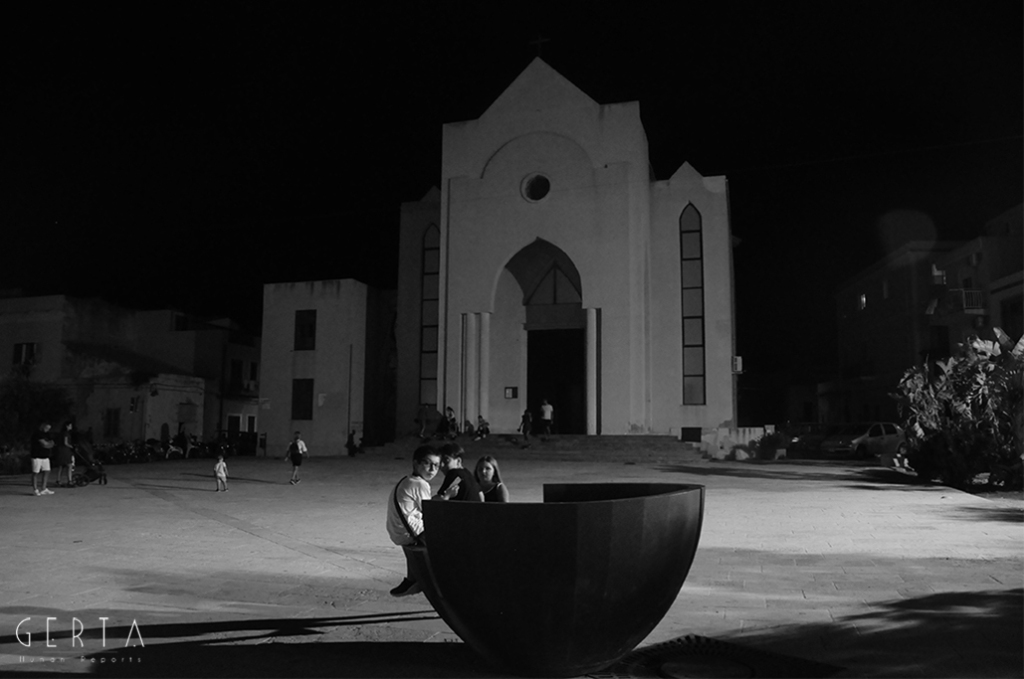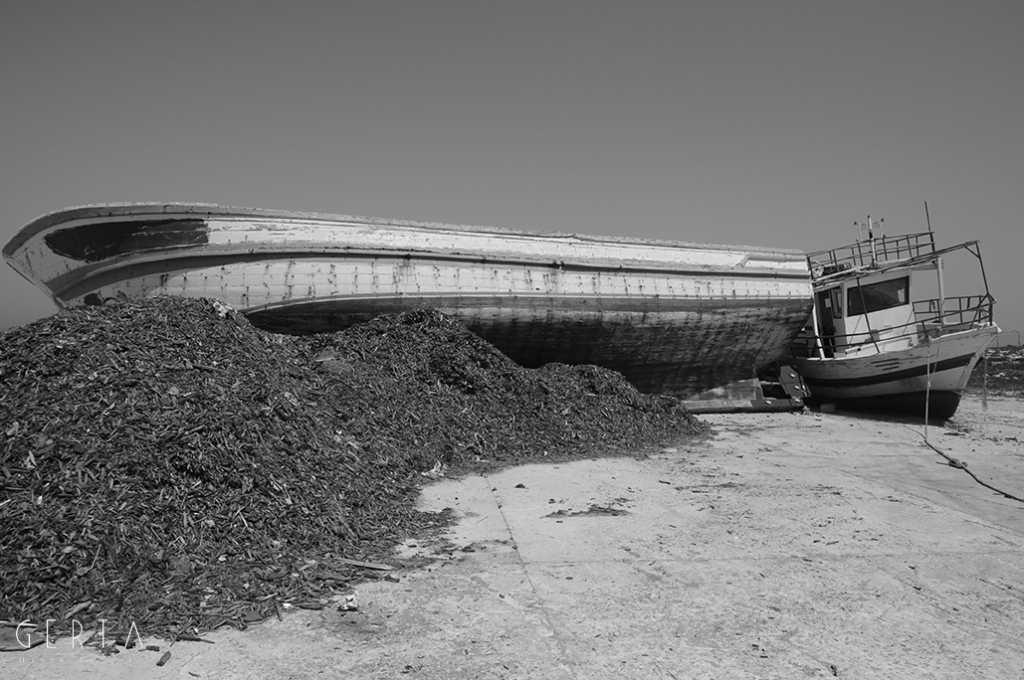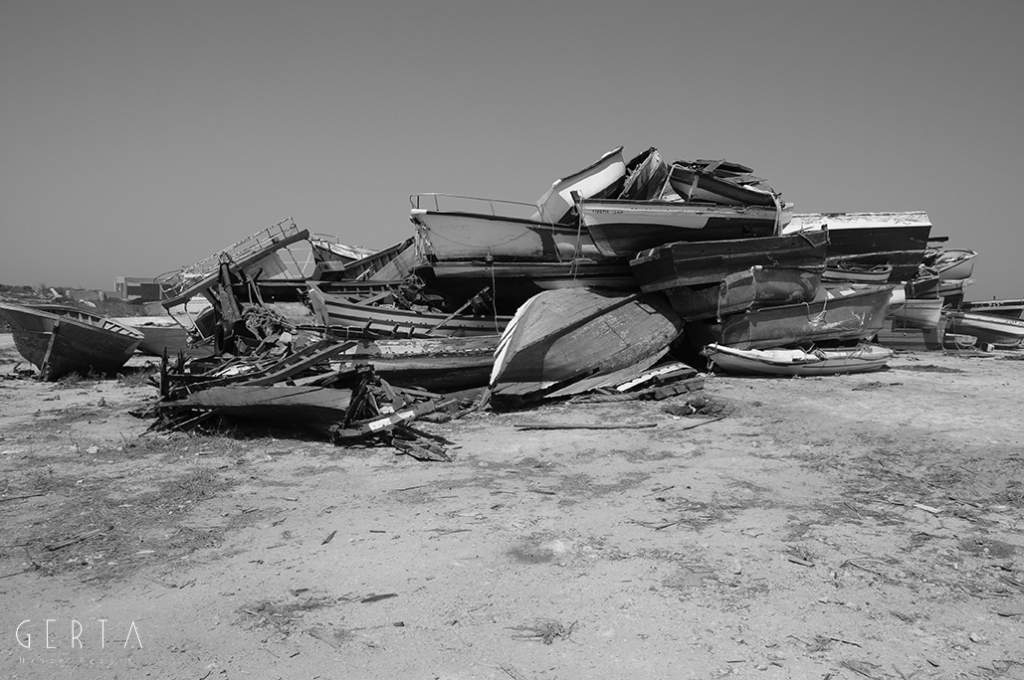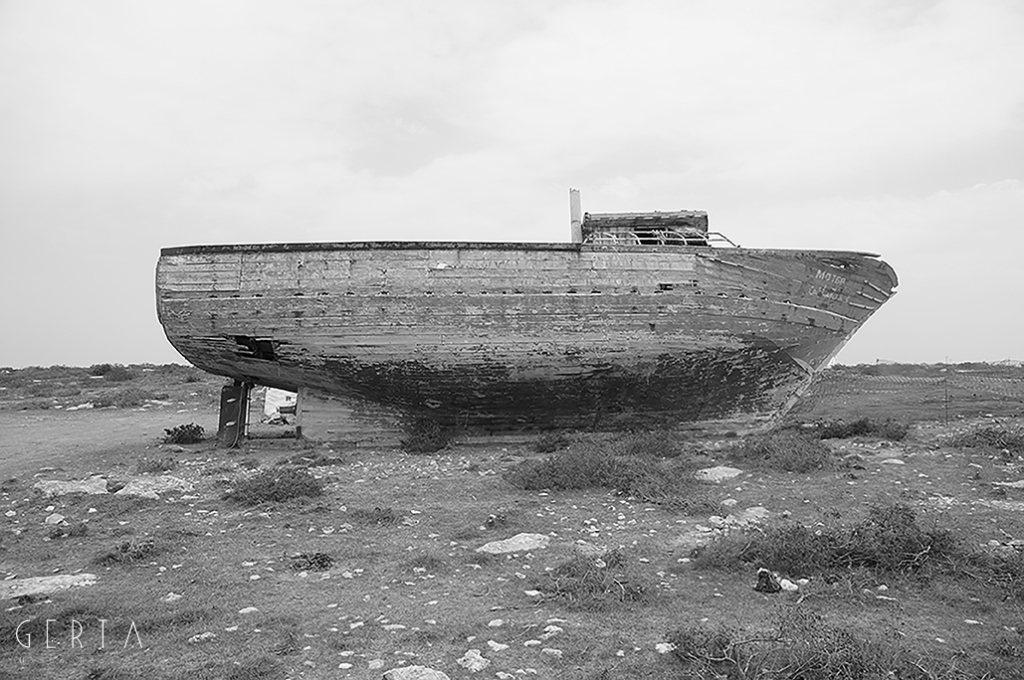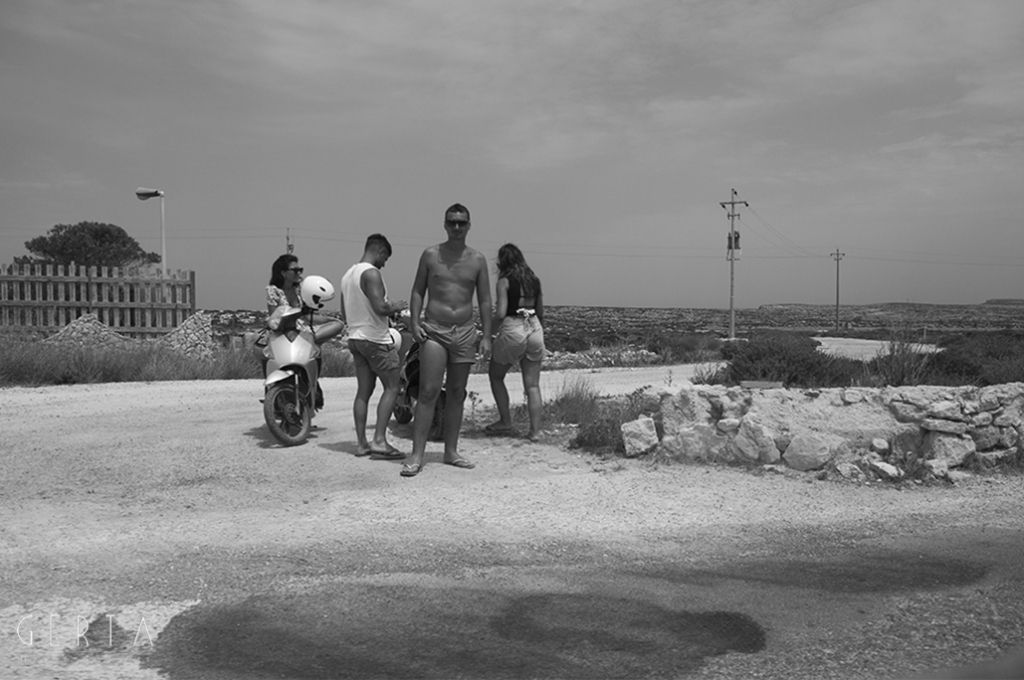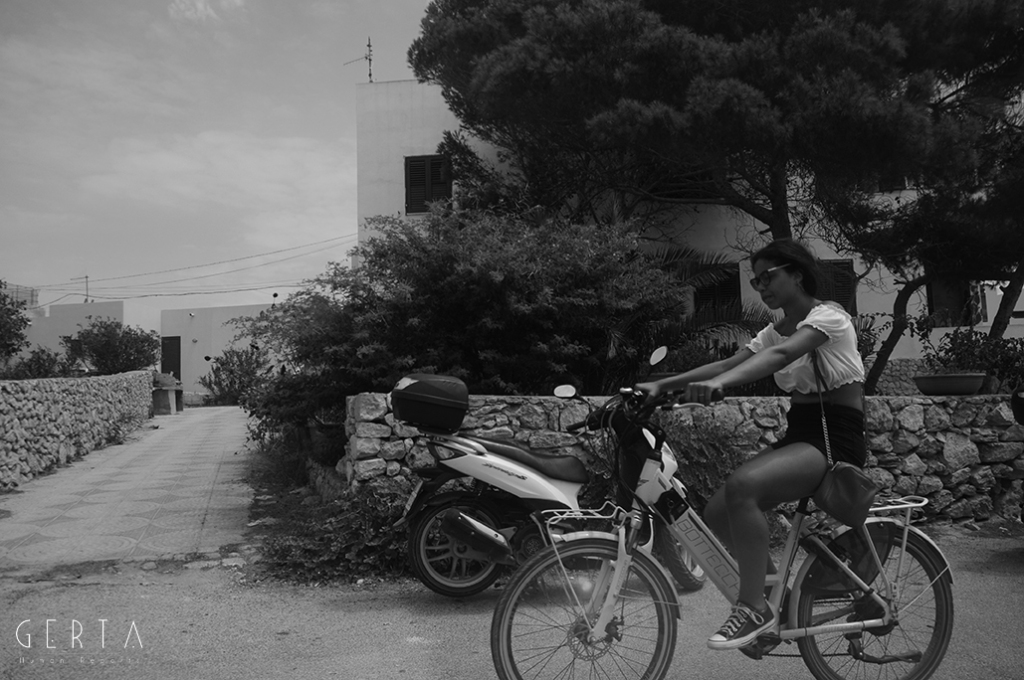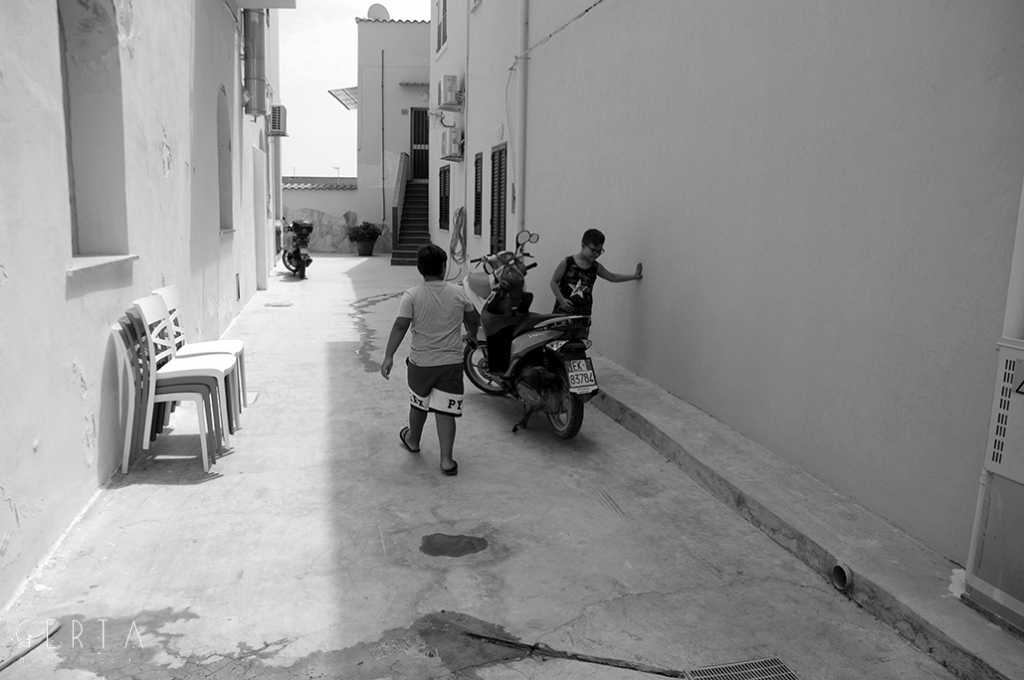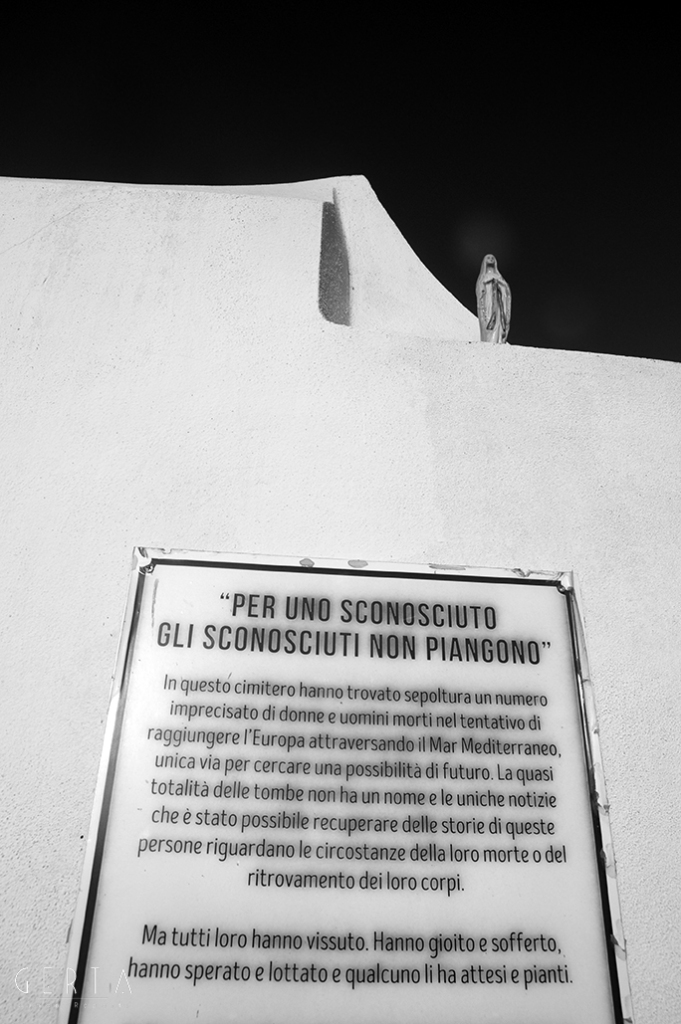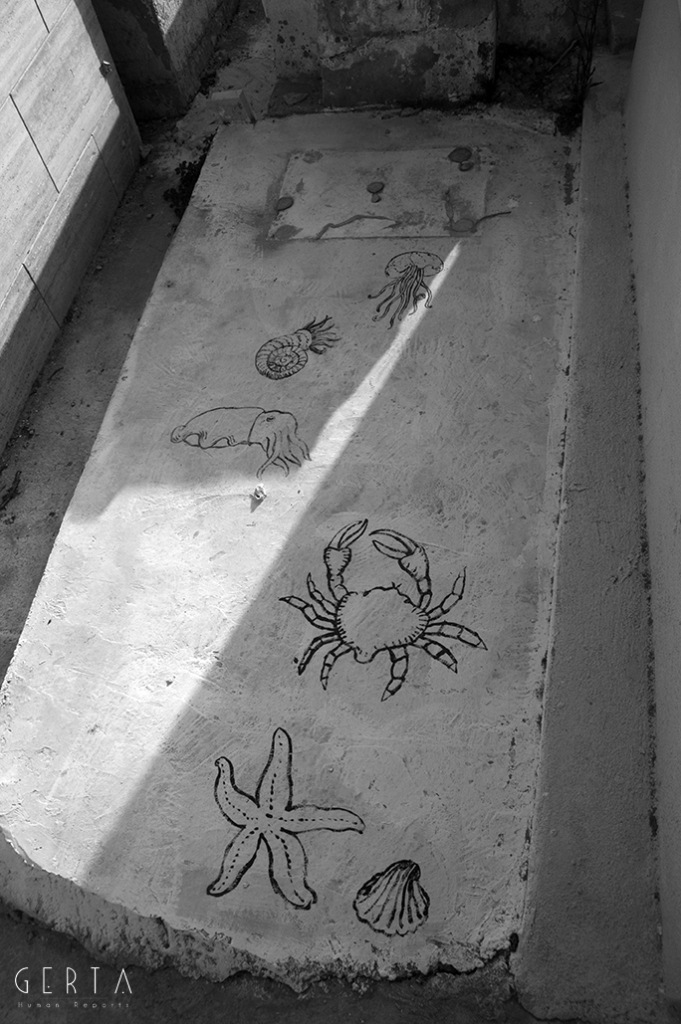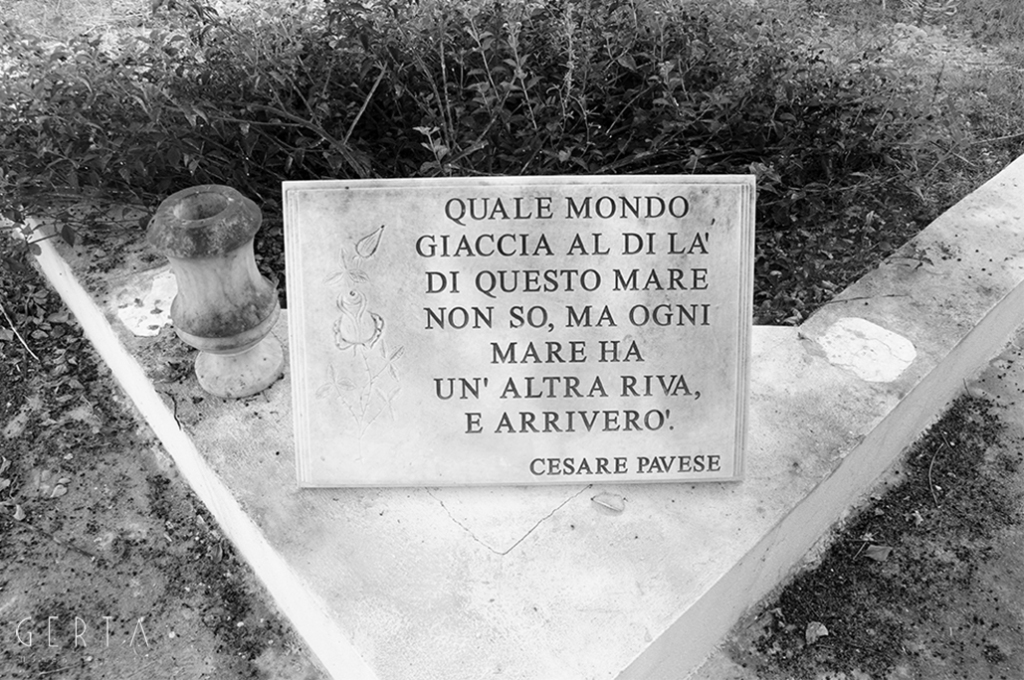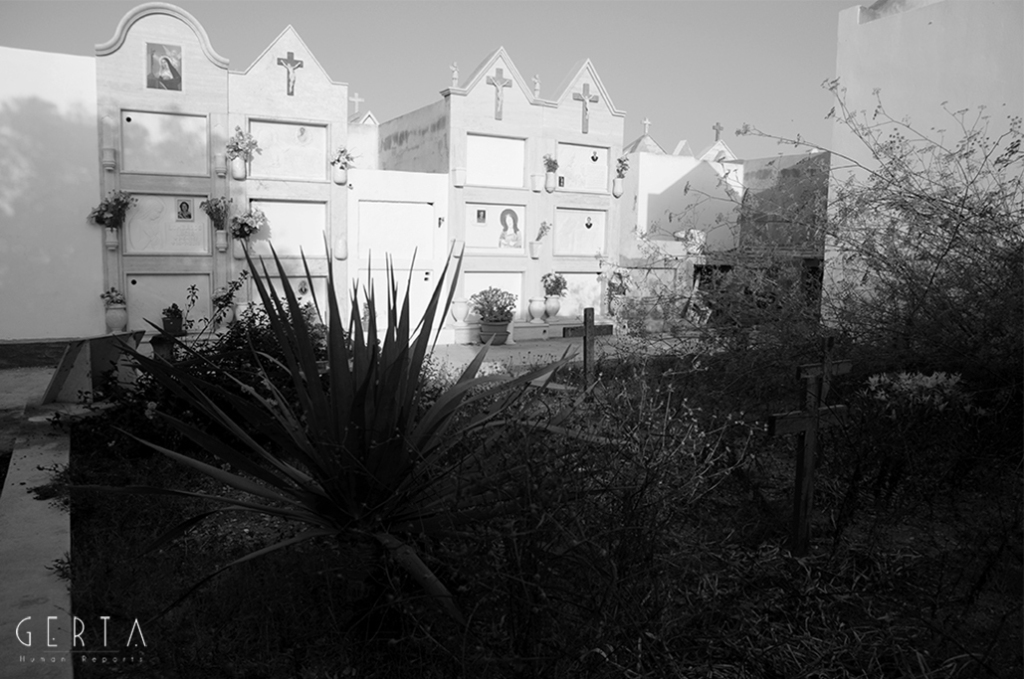di Sergio Attanasio
The small Italian island of Lampedusa has two faces. Accordingly, the first one concerns wintertime: fishing, heavy winds, and empty beaches. The second concerns mass tourism, overbooked fish restaurants and boat parties. What do these two sides have in common? The answer is simple as it goes: migratory crisis
Even if cold and rough sea might seriously endanger the journey through the Mediterranean Sea, migratory waves decrease but do not stop. As far as summer comes fishermen become bartenders and restaurants open to tourism. Interestingly, tourists come mainly from Northern Italy and Northern Europe – most commercial and touristic activities are run, without big doubts, by people not coming from Southern Italy or Lampedusa herself.
Conversely, those people coming from the South are Eritreans, Egyptians, Nigerians etc – the poor goes upward looking for fortune while the European rich goes southward for vacations. Back to the 1990s Lampedusa became the main door of Europe. Nowadays this island located only 70 miles away from Tunisian shores shares this same status with other European borders such as Ceuta and Melilla, Aegean islands and the so-called Balkan route (Bulgaria, Serbia and Macedonia). It is easy as it seems: migratory crisis at European borders is a European issue. Consequently, the relationship between South and North of the world must be taken into account again.
On August 23, 2020, Sicily’s regional governor published a decree calling for the closure of those migrant hotspots and welcome centers to be closed down if they do not meet health conditions regarding the Covid-19 emergency. It goes without saying, this move can be defined as propaganda only. As the national government replied him, only the Interior Minister has the power over migrant hotspots. On the evening of August 22, Musumeci had tweeted “Sicily cannot continue to submit to this invasion of migrants”. Do not forget that next regional governor elections are expected to be held in September.
This summer Lampedusa and Sicily are currently experiencing one of the biggest migratory waves in recent years. In fact, the reopening of the Tunisian route and the Covid-19 outbreak have respectively exacerbated living conditions and made it easier to choose what to do: leaving your own country. In August 2020 landings increased blatantly reaching almost ten times per day – even tourists are getting used to expect landings while enjoying sunlight.
However, people from Lampedusa do not want to have her marvellous and wild island depicted as an inferno by both media and some Italian politicians. Most of them want to keep their status of men of sea – people used to welcome and/or fight foreigners – people aware of being made of Others through both confrontation and moderation.
On the other hand, one thing is sure today in Lampedusa: the only hotspot available on the island is overcrowded (1.100 hosts over 95 beds) and healthy measures cannot be implemented and well assured. The EU together with the current Italian government must in concert act now – this historical moment should be exploited positively showing that actually the European Union is not all based on economic gains and high consumerism but also on international solidarity and social justice. According to the International Law which the EU is guarantor, every human being found in distress at sea cannot to be not saved.
Lampedusa senza Europa
La piccola isola di Lampedusa ha due vite. La prima è l’inverno: pesca, forti venti e spiagge deserte. La seconda è scandita da turismo di massa, ristoranti di pesce strapieni e “boat parties”. Cos’hanno questi due storie in comune? La risposta è semplice così come viene: crisi migratoria.
Anche se il freddo e il mare mosso posso rendere più difficile il viaggio attraverso il Mar Mediterraneo, il volume degli sbarchi diminuisce ma non si ferma. Quando arriva l’estate i pescatori diventano baristi e i ristoranti aprono al turismo. È interessante vedere come i turisti a Lampedusa provengano principalmente dal Nord Italia e dal Nord Europa – molte delle attività di commerciali, di ricezione e quindi turistiche sono di proprietà e gestite da persone non provenienti dal Sud Italia o da Lampedusa stessa.
Alla stessa maniera, le persone provenienti dal Sud sono eritree, egiziani, nigeriane e così via – i poveri vanno verso nord cercando fortuna mentre i ricchi europei si dirigono verso sud per godersi le vacanze. Dagli anni ’90 Lampedusa è diventata la “porta d’Europa”. Al giorno d’oggi l’isola che dista solo 70 miglia dalle coste tunisine condivide questo status con altre zone di confine: Ceuta e Melilla, le isole dell’Egeo e la cosiddetta tratta balcanica (Bulgaria, Serbia e Repubblica di Macedonia). Così facile come sembra: la crisi migratoria è una crisi Europea. Di conseguenza, la relazione tra nord e sud del mondo deve essere presa in considerazione nuovamente.
Il 23 agosto scorso il governo della regione Sicilia Nello Musumeci ha emanato un decreto di prevista chiusura per tutti gli hotspot e i centri accoglienza presenti in Sicilia, qualora le condizioni sanitarie e di sicurezza riguardo l’emergenza del Covid-19 siano difficili da soddisfare. Non c’è bisogno di dirlo, questa mossa può essere letta facilmente come mera propaganda. Come il governo nazionale ha risposto, solo il ministro degli Interni ha potere nel gestire gli hotspot. La sera del 22 agosto Musumeci pubblica un tweet: “La Sicilia non può ancora essere sottomessa a quest’invasione di migranti”. Non dimentichiamo che le prossime elezioni regionali sono fissate per questo settembre.
Quest’estate Lampedusa e la Sicilia stanno vivendo una delle più consistenti ondate migratorie in termini di numeri degli ultimissimi anni. Senza dubbio la riapertura della tratta tunisina e l’emergenza della pandemia di Covid-19 hanno rispettivamente peggiorato le condizioni di vita e reso più facile la decisione di lasciare il proprio paese. L’agosto 2020 ha visto un incremento palese degli sbarchi sull’isola di Lampedusa – circa dieci sbarchi al giorno. Anche i turisti si sono abituati, durante questa stagione estiva, ad aspettarsi arrivi di fatiscenti barconi mentre godono del sole.
Ad ogni modo i Lampedusani non vogliono che la loro magnifica e selvaggia isola sia dipinta come un “inferno” sia dai media che da alcuni politici italiani. Molti Lampedusani vogliono mantenere il loro status di uomini di mare – popolo abituato ad accogliere e/o combattere gli stranieri; popolo cosciente di essere commistione con “l’Altro” attraverso sia il confronto che tramite “moderazione”.
Dall’altro lato della Medaglia una cosa è sicura oggi a Lampedusa: l’unico hotspot disponibile è incredibilmente sovraffollato (1.100 ospiti su un totale di 95 letti) con conseguente difficoltà nell’assicurare condizioni sanitarie adeguate. L’Unione Europea insieme al governo italiano devono agire ora e assieme. Questo precario momento storico deve essere sfruttato in maniera positiva nel mostrare che l’UE sia basata non solo su benefici di natura economica e di alti livelli di consumi ma anche di diffusa solidarietà internazionale e giustizia sociale. Secondo la legge internazionale la quale l’UE è garante, qualsiasi essere umano trovato in difficoltà in mare deve essere portato in salvo.


